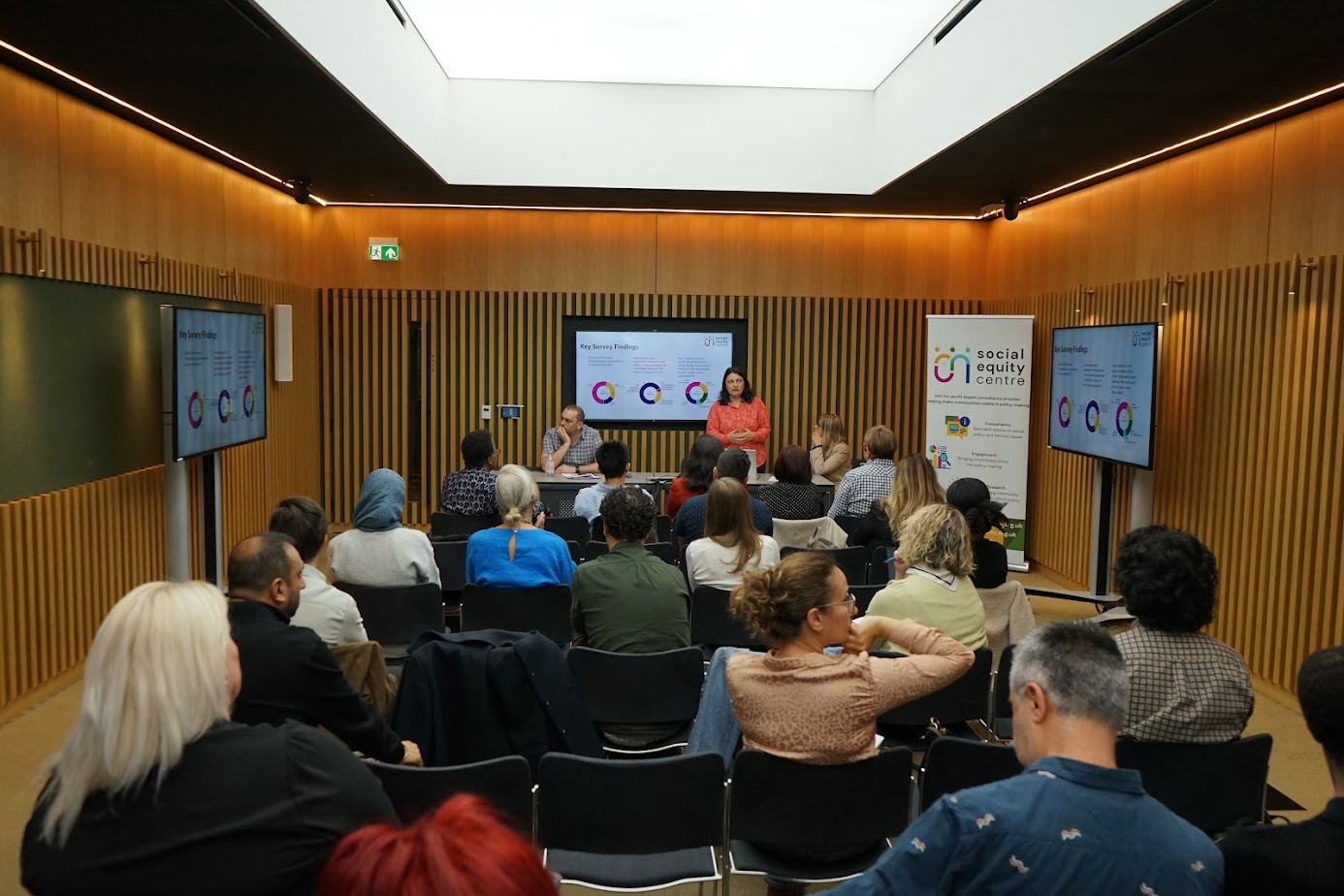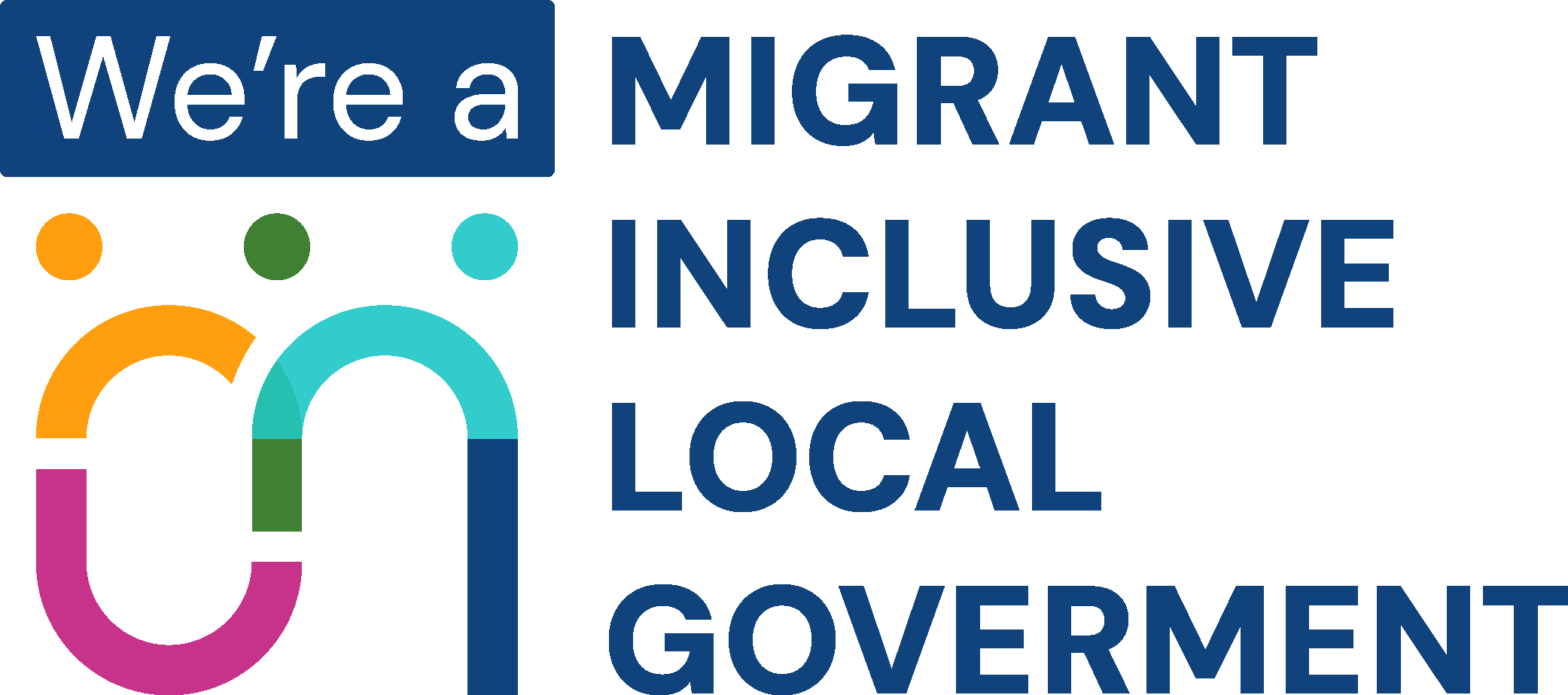Advocating for Migrant Inclusion in Local Government

Why migrant inclusion in local government matters?
75% of migrants have never met a local government employee of the same nationality, ethnicity, culture or heritage. Why does this gap exist?
Firstly, our research showed that, in local government, migrant inclusion is not actually measured despite a significant share of the population in the UK being born abroad. With migration not being a protected characteristic under the Equality Act, many migrant groups are left out of staff diversity data collection. But research shows that migrants aren’t just looking to settle into their new communities—they want to contribute, lead and to shape the communities they call home. Many express a strong desire to be represented, and more importantly, a few aspire to take active roles in local government.
Local Government holds specific public sector equality duties to foster cohesion and pro-actively create equal opportunities for their communities. Despite the significant pressures of austerity, the ongoing impacts of the Covid-19 pandemic, rising living costs, and wider geopolitical instability, many Local Government organisations develop engagement programmes to include migrants in participation initiatives. However, migrants – particularly first-generation migrants – say that:
“They [n.b. Local Government] should employ people from our background, so that the community could trust the local authority, because at the moment, they do not!”
Too often, migrant inclusion is treated as volunteering or community events, not as pathways into local government careers. We founded the Social Equity Centre to change that — to ensure migrants have fair access to decision-making roles and representation in local councils.
By looking closely at many council workforces, one thing is clear: migrants are underrepresented — despite playing a huge role in the social and economic life of the UK.
The challenges migrants face
Migrant workers often bring high levels of skill and experience — yet too many are overqualified for the jobs they hold. Precarious contracts, limited career progression, and pay inequality make things worse.
On top of that, migrants are missing from local government roles. There are also gaps in how diversity data is collected and reported, making it harder to track progress. Our recent research highlights further systemic barriers, such as the lack of recognition of foreign qualifications and visa restrictions.

A collaborative approach
The good news? Councils can change this. With targeted interventions and positive actions, local government can better reflect the communities it serves — boosting legitimacy, effectiveness, and social cohesion.
That’s why we’re inviting local authorities to sign our Migrant Inclusive Local Government Pledge. By joining, councils will get tailored support from our expert team, including:
- Reviewing existing inclusion strategies, from recruitment to workforce diversity reporting
- Evaluating migrant inclusion and diversity action plans, ensuring impact and avoiding duplication
- Advising on how to engage local migrant groups and raise awareness of council jobs

What the pledge signatories commit to:
- Improve workforce diversity data — including migration and ethnicity — to better reflect local populations
- Enhance recruitment strategies to highlight the importance of migrant inclusion
- Create action plans to connect with migrant groups and community organisations, promoting opportunities in local government
We’ve also developed a Migrant Inclusive Local Government Toolkit to guide councils through this process step by step.
Take action
The Social Equity Centre is here to support local councils with research, strategy development, recruitment, and community engagement — all to help build a workforce that truly represents the local demographic.
Together, we can make local government more inclusive, resilient, and representative.
Ready to take the pledge? Let’s talk. Email us at: hello@socialequity.org.uk.
Reference this article: Maglan, A. (2025), Social Equity Centre CIC: Working Towards a Migrant Inclusive Local Government: A Call to Action.






